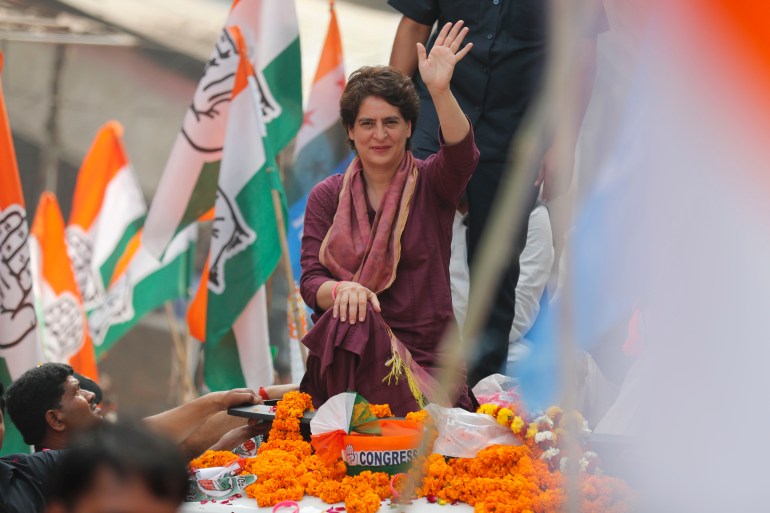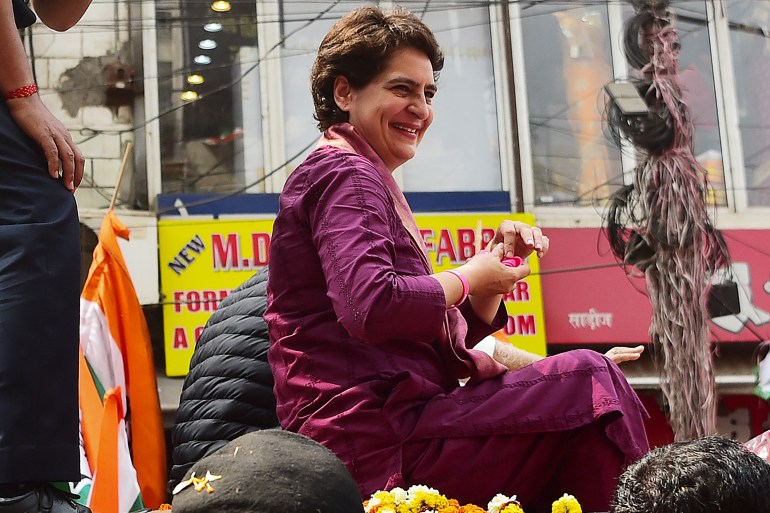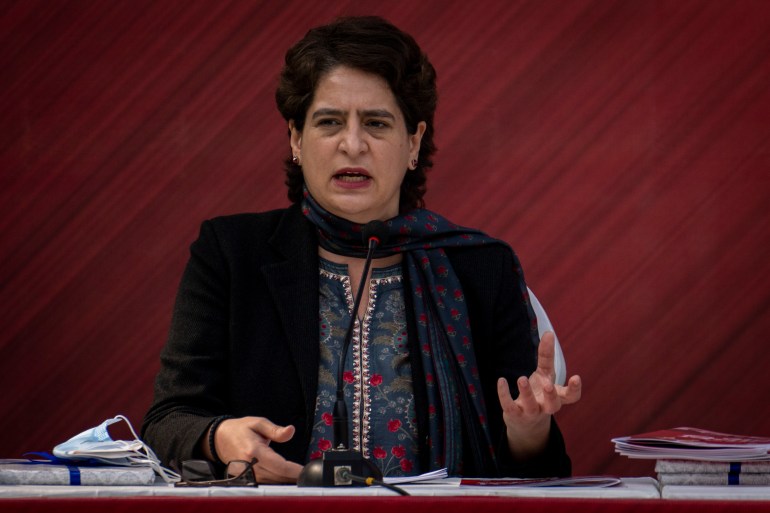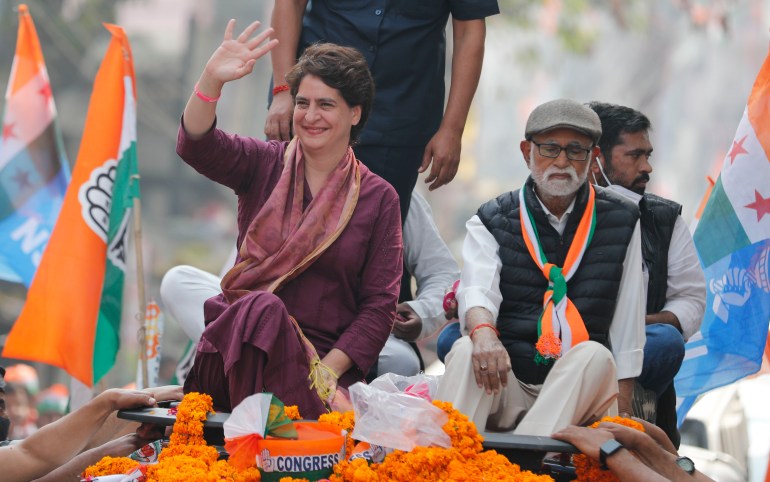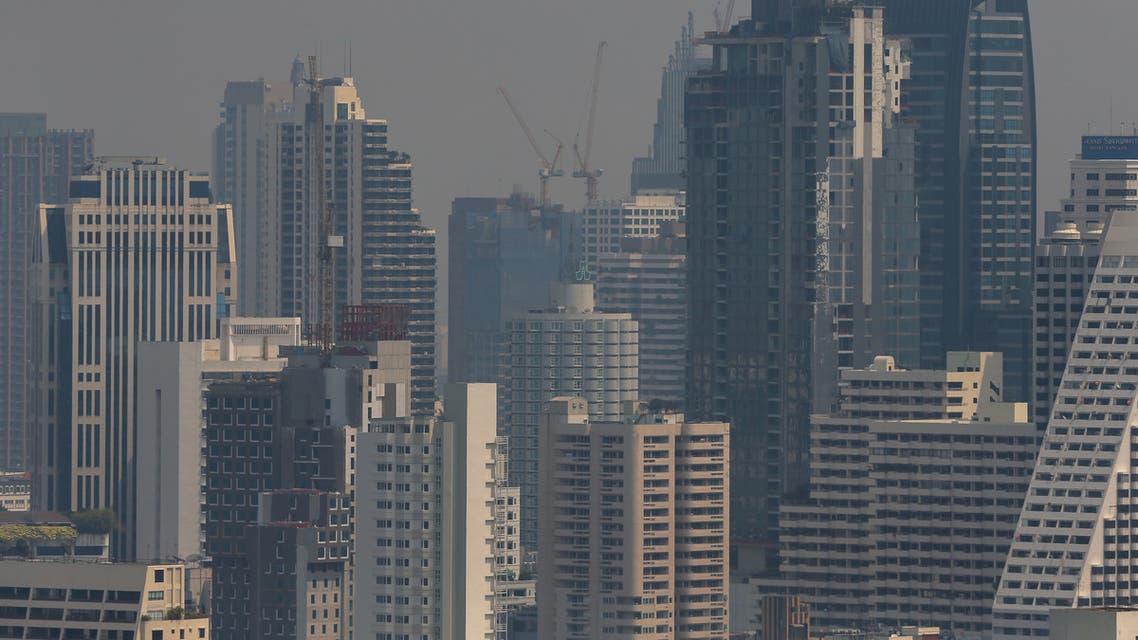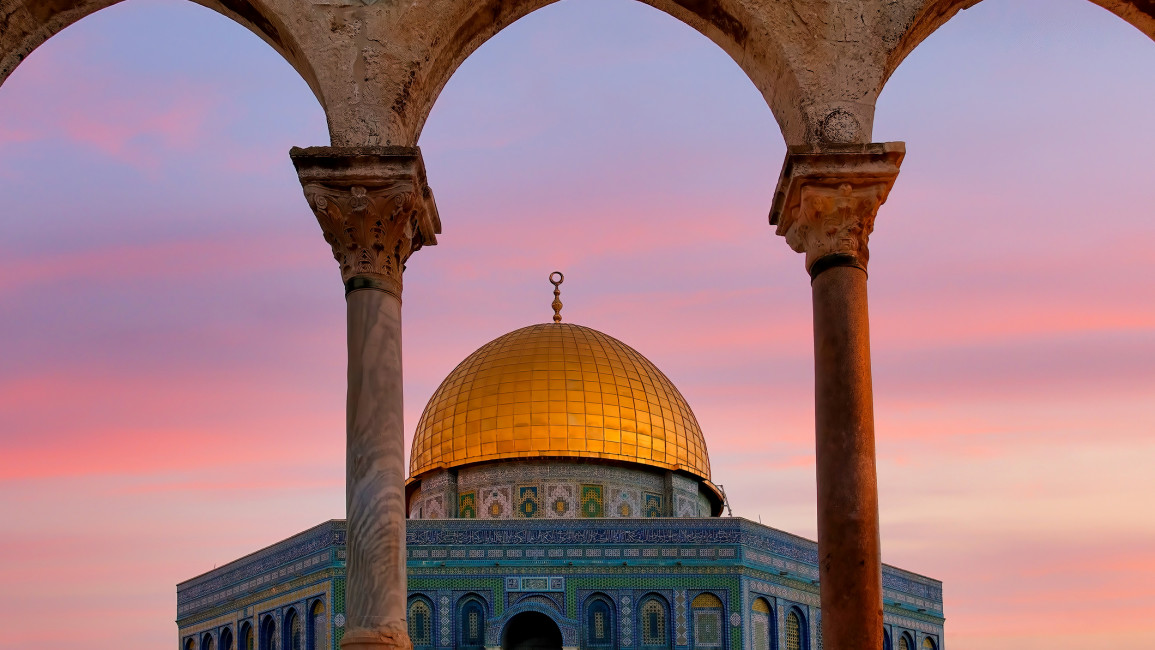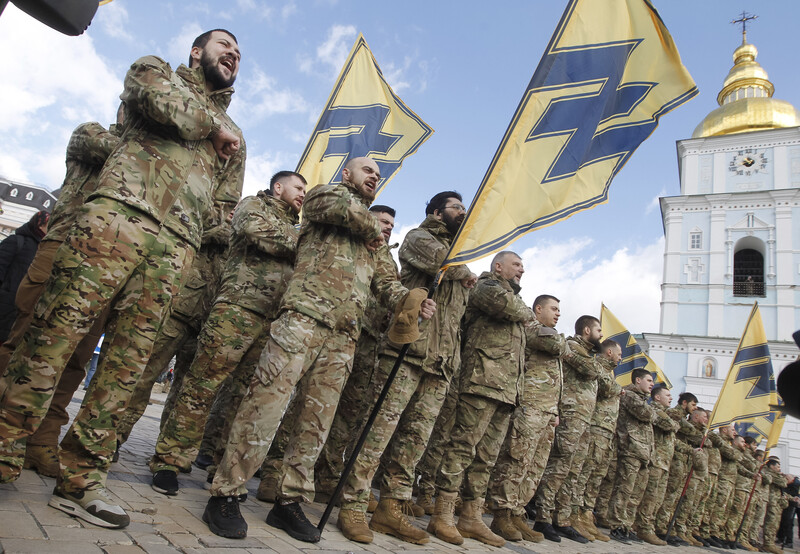Media cuts 'impacting flood coverage'
Alex Mitchell
National
MARCH 1 2022

Alex Mitchell
National
MARCH 1 2022

An inquiry has been told that regional media job cuts have impacted coverage of the floods crisis.
Media coverage of crisis events like Australia's floods has been badly impacted by regional newsroom cuts, an inquiry has been told.
A parliamentary inquiry is examining the news media bargaining code created so media companies are paid fairly for content on Google and Facebook, along with how regional newspapers can remain viable.
But Journalism Education and Research Association of Australia vice-president Peter English said many stories from the recent floods featured "little value added through on-the-ground reporting", with so few regional towns covered by journalists.
"People are relying on social media for images, both images that are real and things that might not be real," he said.
"That may have impacted on the (flood-related) decisions they've made in terms of leaving their house or staying."
Dr English said there was little incentive for journalists to go to or stay in regional areas.
He recommended governments subsidise wages for journalists employed by local outlets and benefits if they continue to stay, while he also suggested tax cuts for regional outlets that maintain a local office.
"The employment of journalists who are embedded in local communities is essential," Dr English said.
"Only local reporters can understand how local issues impact on their local areas, not someone trying to report remotely."
The inquiry was told extra money from Google and Facebook allowed the ABC to create 50 new positions, including many in new small regional bureaus, but JERAA president Alex Wake said that was "just not enough".
She pointed to "quite gripping" and "brilliant" coverage of Lismore's floods, but said nearby towns were not being provided similar information.
"Just further north where there aren't local journalists located, coverage is not occurring," she said.
"It's great what's happening, but we need more jobs and more newsrooms across the country ... we need to encourage young people to stay in the regions and to have families and be there and be part of the community."
Australian Associated Press
Media coverage of crisis events like Australia's floods has been badly impacted by regional newsroom cuts, an inquiry has been told.
A parliamentary inquiry is examining the news media bargaining code created so media companies are paid fairly for content on Google and Facebook, along with how regional newspapers can remain viable.
But Journalism Education and Research Association of Australia vice-president Peter English said many stories from the recent floods featured "little value added through on-the-ground reporting", with so few regional towns covered by journalists.
"People are relying on social media for images, both images that are real and things that might not be real," he said.
"That may have impacted on the (flood-related) decisions they've made in terms of leaving their house or staying."
Dr English said there was little incentive for journalists to go to or stay in regional areas.
He recommended governments subsidise wages for journalists employed by local outlets and benefits if they continue to stay, while he also suggested tax cuts for regional outlets that maintain a local office.
"The employment of journalists who are embedded in local communities is essential," Dr English said.
"Only local reporters can understand how local issues impact on their local areas, not someone trying to report remotely."
The inquiry was told extra money from Google and Facebook allowed the ABC to create 50 new positions, including many in new small regional bureaus, but JERAA president Alex Wake said that was "just not enough".
She pointed to "quite gripping" and "brilliant" coverage of Lismore's floods, but said nearby towns were not being provided similar information.
"Just further north where there aren't local journalists located, coverage is not occurring," she said.
"It's great what's happening, but we need more jobs and more newsrooms across the country ... we need to encourage young people to stay in the regions and to have families and be there and be part of the community."
Australian Associated Press



















